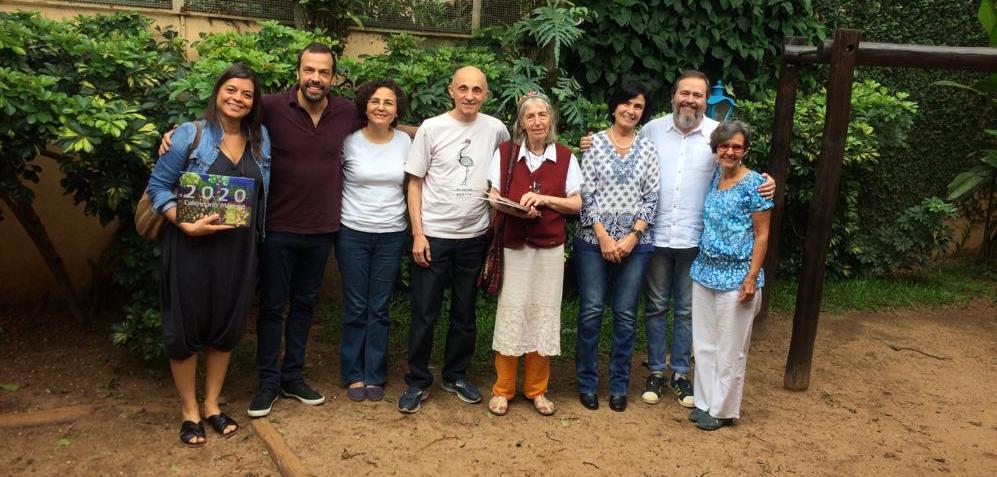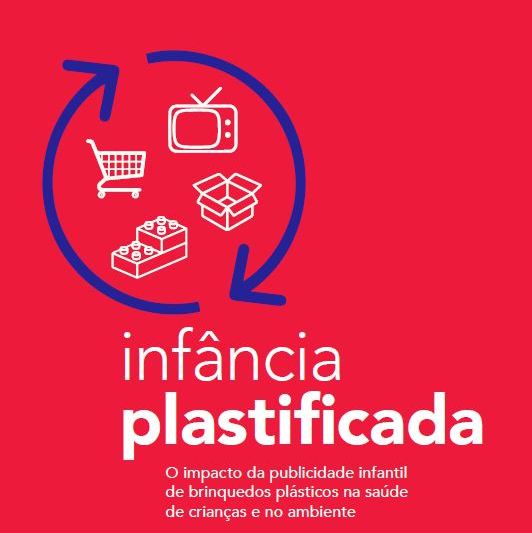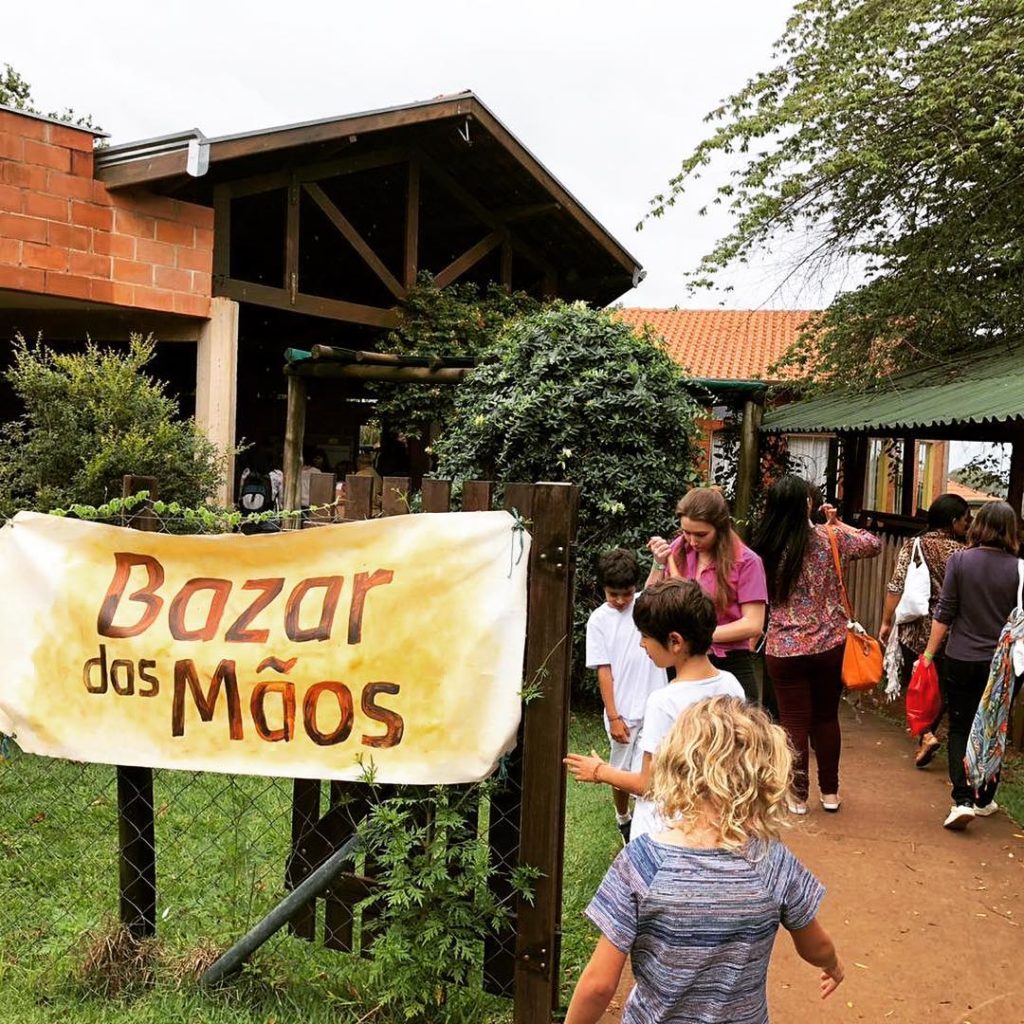by Jonas Bach Junior
 This article discusses the role that aesthetic experience and human sensitivity have within the educational parameters of Waldorf Pedagogy, based on the philosophy of education approach. The paradigm shift occurs in the emphasis and appreciation of human experience, as a source of experiences that enrich the world of sensations and feelings to support the cognitive life of human beings. Steiner was inspired by Goethe's phenomenology to found his conception of education and valued the development of sensitivity as an ideal for human formation (Bildung). Sensitivity education is an important factor both in teachers' self-cultivation (Selbstbildung) and in the education of children and young people. The key element in understanding aesthetic education is not what is taught, but how.
This article discusses the role that aesthetic experience and human sensitivity have within the educational parameters of Waldorf Pedagogy, based on the philosophy of education approach. The paradigm shift occurs in the emphasis and appreciation of human experience, as a source of experiences that enrich the world of sensations and feelings to support the cognitive life of human beings. Steiner was inspired by Goethe's phenomenology to found his conception of education and valued the development of sensitivity as an ideal for human formation (Bildung). Sensitivity education is an important factor both in teachers' self-cultivation (Selbstbildung) and in the education of children and young people. The key element in understanding aesthetic education is not what is taught, but how.
Featured image: drawings by 7th grade students at Colégio Waldorf Micael in São Paulo.








